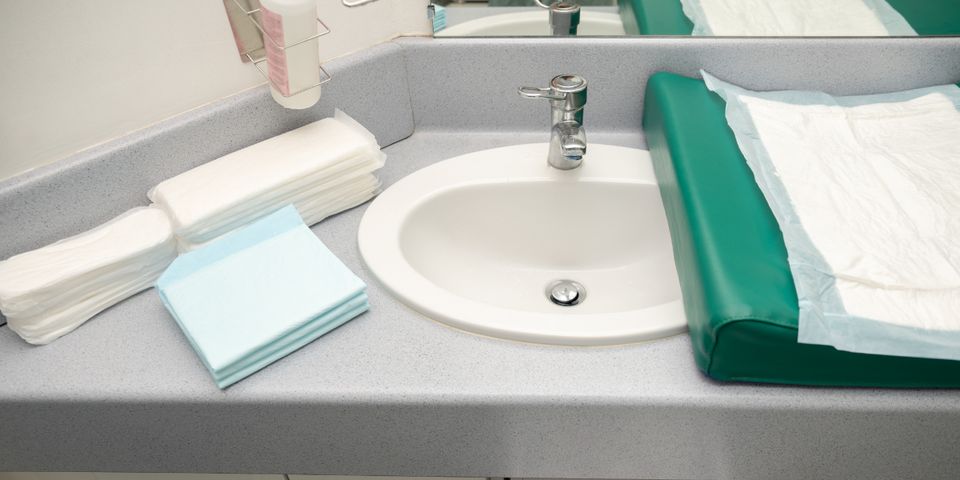How Homelessness & Period Poverty Affects Women

For homeless women, personal safety, lack of gynecologist appointments, and inadequate child care are just a few of the struggles they face. One lesser-known issue is how to manage their menstrual cycles. Without access to the funds to buy feminine hygiene products, the monthly occurrence can be a struggle to handle. Here is what you need to know about the impact of period poverty on these individuals.
Who Are Homeless Women?
39% or 223,578 of homeless individuals in 2020 were women and girls. Of the 580,000 individuals of all genders and races identified as homeless, four out of 10 were in unsheltered locations such as abandoned buildings, in cars, on streets, and other places not suitable for human habitation. 61% were staying in emergency shelters and transitional housing programs.
Poverty and lack of clean and safe homes or shelters make it nearly impossible for homeless women to buy and maintain a stash of feminine products. With an average price of $20 each month needed for tampons and sanitary napkins, many women forego the expense and are forced to improvise to manage their menstrual cycles.

Unfortunately, while "period poverty" continues to be taboo in many circles, legislative efforts are underway to provide adequate care to homeless women. The Menstrual Equity for All Act, introduced in 2019, would designate federal funds for menstrual products for homeless and incarcerated women. The bill was re-introduced in May 2021 and had 84 legislators who have endorsed the proposal.
What Problems Do Women Face?
Without feminine products, homeless women grapple with damaged clothing and lack of clean spaces to clean. Some may reuse pads and tampons, which can cause bacterial infections and toxic shock syndrome from tampon usage.
Period poverty may also have an impact on a woman's dignity. Rather than seek help, some would choose to struggle through their monthly menstrual cycles in isolation. These issues make it hard for women to remain healthy and presentable in a way that would allow them to pursue work opportunities to overcome their circumstances.
Creating Opportunities to Succeed, also known as COTS, is based in Detroit, MI. The non-profit organization helps connect homeless individuals and families with health, career, financial, and educational resources to re-establish self-sufficiency. They also have a Warrior Women Against Poverty program that offers mentorship and additional resources. For the team of compassionate and encouraging staffers, the overall goal is to break the poverty cycle. Everyone is treated with dignity and respect. To learn about their services, call (313) 831-3777. There is also additional information available online.
About the Business
Have a question? Ask the experts!
Send your question

